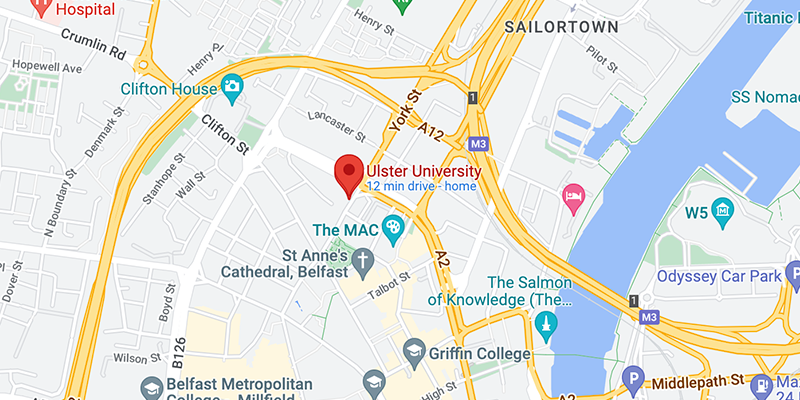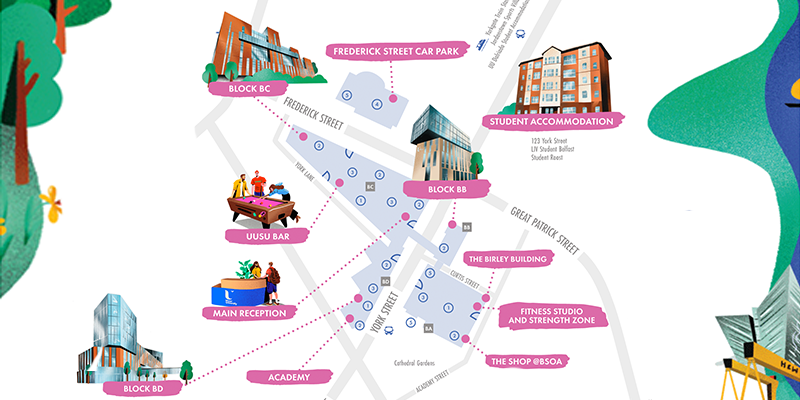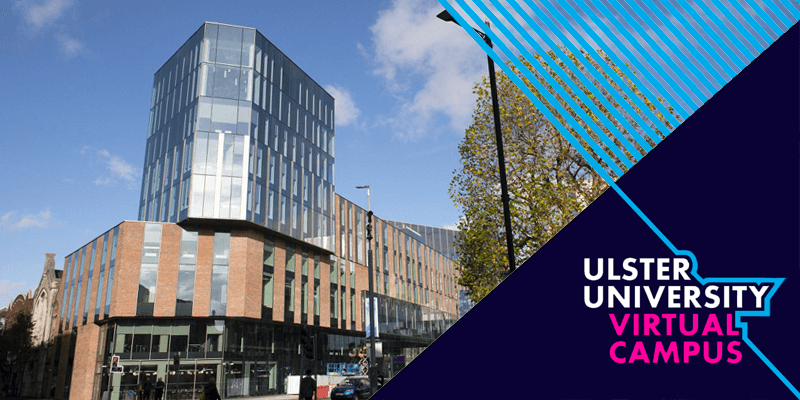Page content
Professor Cathy Gormley-Heenan, director of the Institute for Research in Social Sciences invites you to the
2014 Annual Lecture:
How the brain of the baby discovers language
by
Dr Laura-Ann Petitto
How is the remarkable feat of human language acquisition possible? Traditional answers have assumed that the development of the mechanisms for producing and perceiving speech are critical for normal language acquisition, and specifically determine the maturational time course, structure, and content of early language acquisition, as well as the organization of language in the brain. Over three decades of studies from my laboratory involving multiple species (chimpanzee and child), ages (infants through adults), populations (monolingual and bilingual), modalities (signed languages and spoken languages), and technologies (OPTOTRACK, PET/MRI, fMRI, fNIRS) converge on a new answer with revolutionary implications. Speech and sound are not critical. Instead, all babies are born with specialized tissue in the human brain that helps them attend to, extract, and learn specific rhythmic-temporal patterning at the heart of human language phonology, be they phonological patterns on the hands (in signed languages) or phonological patterns on the tongue (in spoken languages)—findings that have radical implications for exposing young deaf children to sign language early in life for optimal language, reading, and academic success. I will further suggest that this specialized tissue is unique to our species. I will discuss the role of this tissue when the brain is given two languages, as in our studies of early childhood Bilingualism and the optimal age and ways (the “when and how”) of exposing children to two languages and two reading systems. One surprising implication here is that the speech modality is so plastic that it only becomes neurologically set after birth, an observation that has also intriguing implications regarding the evolution of language.
Belfast Campus
2-24 York Street, Belfast, BT15 1AP
Event info
This event has ended
Tuesday 4 November
6.30pm
Conor Lecture Theatre
Ms Zoe Lennon



